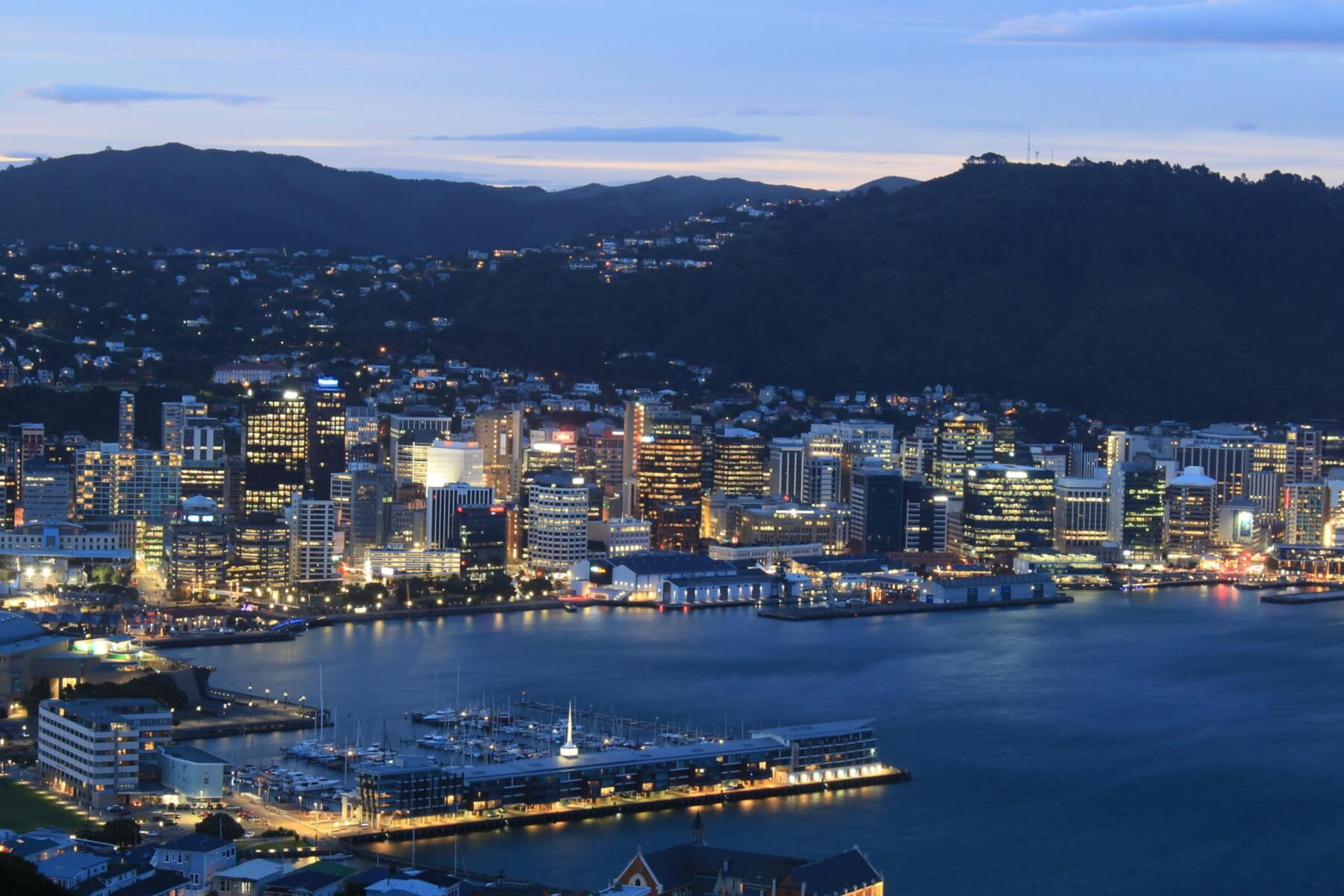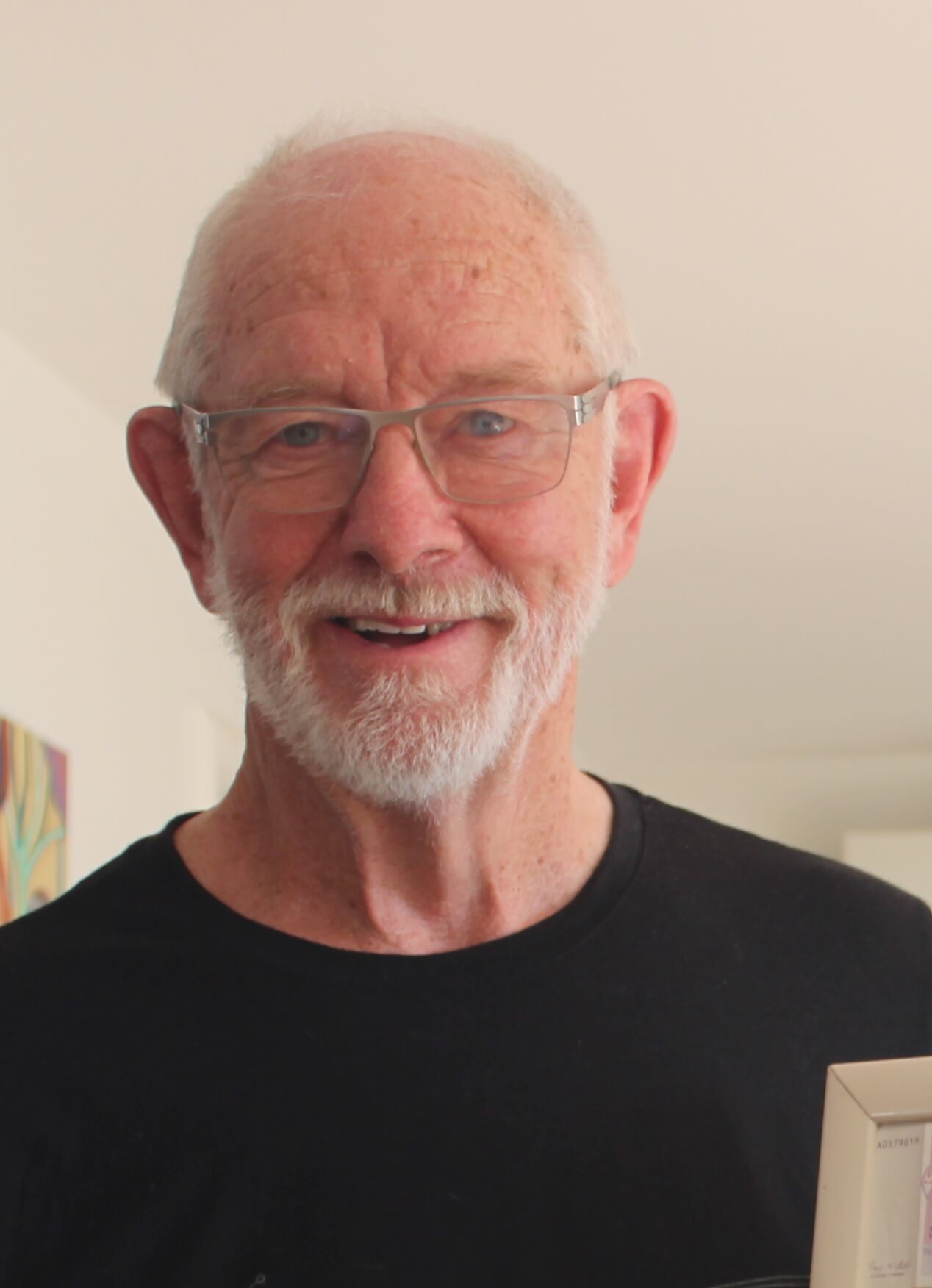
As I looked through the newspapers last week trying to decide what issue could be the theme for this column, I was surprised by how many New Zealand news stories were about things that I would expect to read about in some of the third-world countries I have worked in.

Wellington. Photo: Lucas W: pexels.com
Here are a few examples:
- Contaminated diesel caused nearly $10 million of damage to a new Navy supply ship.
- Building projects have been put on hold at 20 schools.
- Premier House is so run-down that the Prime Minister has chosen not to live there.
- Amazon announced in 2021 $7.5 billion worth of data centres in Auckland to be ready in 2024. 2024 has come – nothing has been built yet.
- Fish farms will go unscrutinised for another 25 years.
- A school for disadvantaged children in Auckland is crumbling and has mould, mushrooms and musty classrooms.
- PM Luxon had to take a commercial flight to Australia (and leave the media behind) because of a fault in an air force jet.
- An Auckland sewer blockage saw eight million litres of wastewater pour into the harbour daily.
- A Papamoa medical clinic that serves 6000 patients is closing due to the GP shortage and government under-funding.
- The Commerce Commission will take extra time to consider whether or not to approve a merger of Food Stuffs North and South Island cooperatives.
- Government Ministries have been asked to cut their spending by 6-5 to 7.5 per cent. Ideas that have been suggested include staff bringing their own food to meetings, staying with friends rather than in hotels, establishing clear performance measures (why don’t they already have them?), reducing contractor hours by five a week (why don’t they reduce the number of contractors they use?), sharing office spaces.

Peter Nicholl
One department said it would reduce headcount from 1700 to 1576. That sounds more like the scale of change that will be needed. Unfortunately, the chief executive of that department went on to say that “this isn’t happening because anyone did anything wrong”. The department admits it had “unsustainably high staffing levels and was overspending its budget”. The problem is that the Department doesn’t seem to see that these two statements are inconsistent. At the very least the chief executive has done something wrong.
One possible explanation for seeing these stories now is that the New Zealand media has become more negative. It could be that these types of failures have always been occurring but they weren’t regarded as news in the ‘good old days’.
Another possible explanation is that New Zealand and New Zealanders have become less focused on outcomes and results and more focussed on processes and reports.
Processes and reports can be useful. But when they become dominant and take the focus away from getting things completed with good outcomes, they can become the problem.
I think the array of poor or delayed outcomes that are getting reported in New Zealand these days is due more to the second explanation than the first.








